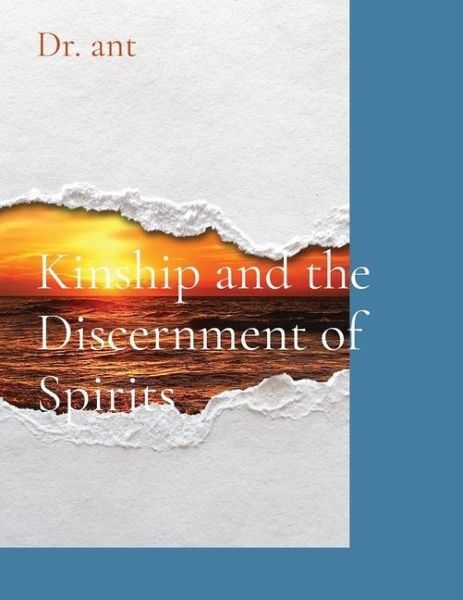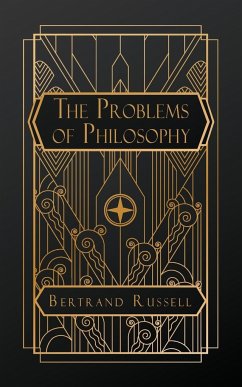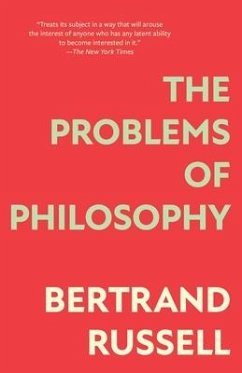
Kinship and the Discernment of Spirits
Versandkostenfrei!
Versandfertig in über 4 Wochen
19,99 €
inkl. MwSt.

PAYBACK Punkte
10 °P sammeln!
The Covenants between God and man as recorded in the Bible have different dimensions. They have both legal and moral value. This is because many centuries ago, law and morality almost coincided, whereas today we see them as two separate spheres. Although very close, morality and law today have different rules and objects. It is no accident that certain immoral deeds are considered to be permitted by law (for example, mocking religious people). But in the distant past these two spheres were one whole sphere, and therefore it is difficult today to speak of Covenant only in one sense or the other...
The Covenants between God and man as recorded in the Bible have different dimensions. They have both legal and moral value. This is because many centuries ago, law and morality almost coincided, whereas today we see them as two separate spheres. Although very close, morality and law today have different rules and objects. It is no accident that certain immoral deeds are considered to be permitted by law (for example, mocking religious people). But in the distant past these two spheres were one whole sphere, and therefore it is difficult today to speak of Covenant only in one sense or the other. In fact, religion itself is a kind of contract between God and man. In most religions we can find such forms of contracts that confirm that such an event actually happened in the past - no matter how the given religion calls God and how it interprets this Covenant. What most believers consider to be moral principles recorded in holy books actually have a legal form. For example, Islamic law and morality today are based on the Quran, where it is very difficult to distinguish between these two spheres. Similar observations can be made regarding most religions - pagan or monotheistic - perhaps with the exception of Buddhism where the concept of a Creator is absent. Why would God even make such contracts? What does He want to accomplish by this? Here we will aim to answer these serious questions. Isn't God strong enough to impose His will on His own? Or is the truth the opposite - He is also limited by some moral and legal norms?












